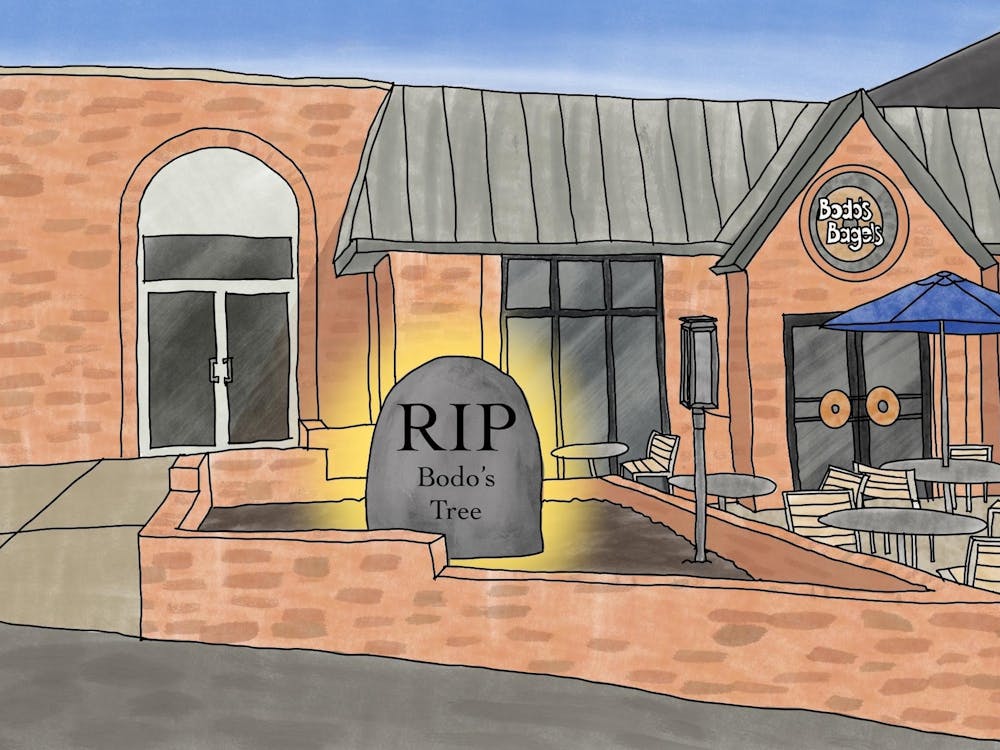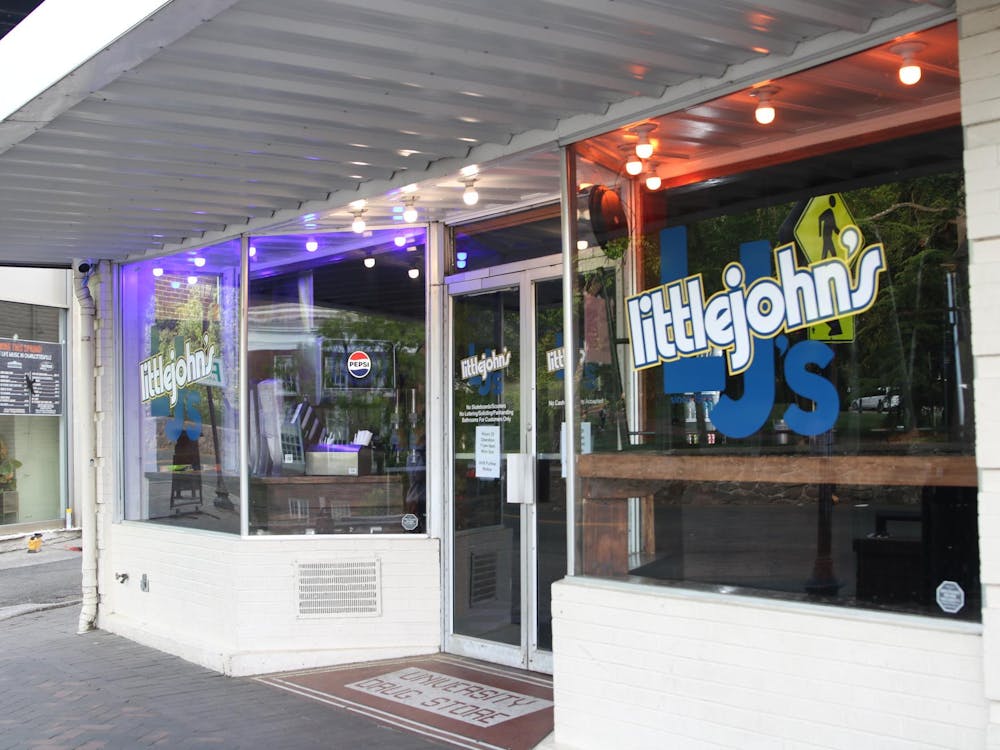Like every superhero, we all have our weaknesses. For some, it’s spiders. For others, it’s clowns. And for my lactose-intolerant friends, it’s milk. But there is one weakness that a large part of the population is affected by but which very few people talk about — naps. Now naps aren’t inherently bad. Some people may even argue that they are good for you. However, there is a certain point at which naps become detrimental. That is when they take over your life.
But how do you know if you have become a servant to siestas? A subscriber to slumber? A dreaming devotee? Well, have you ever just looked at your bed, or a couch, or a table in Stacks, or any flat surface really, or non-flat surface even, and thought about just lying down? Have you promised yourself that it will only be for a couple of minutes, maybe even an hour max, but then woken up three hours later face first in a plate of Newcomb green beans with a worker telling you the dining hall will be closing shortly? Well, then you seem to be in the same position I was.
Yes, you heard right. “Was.” Meaning, unlike you, I have left my napping days behind and have consciously reserved my unconscious hours for nighttime. But do not fret, I am a seasoned veteran and am willing to help you. So, before you decide to stop reading this article and go fall asleep, I present to you my three-step process for quitting — napping that is, not your job. I assume no accountability for that.
- Stop using a nap as a reward. Sure, after a long day of classes, it is more than reasonable to want to destress by taking a nap. But, you must resist as your 30-minute pre-homework catnap might take until the next day, inevitably making it your homework and your homework your school work. A good way to avoid this is to stop using naps as a reward. This can be done in one of two ways — either by becoming intrinsically motivated or by finding something else you can use as a reward. As the first method is made impossible by the competitive school system at the University, we must resort to the latter. Want a reward after class? Eat your favorite snack. Get an overpriced coffee from Starbucks. Or, my personal favorite, stand at the intersection near Nau Hall and watch traffic officers yell at students for jaywalking.
- Punish your naps. While negative reinforcement is not always a good idea, per every psychology professor I’ve ever had, I believe it to be the most important step in my rehabilitation process. If, for some reason, you end up caving in and taking a snooze, use the shame you feel when you wake up four hours later to make yourself go to the Pav and listen to the weird conversations people decide to have in public. You are not allowed to leave until you visibly cringe or the Pav closes. If, however, the Pav is not open by the time you wake up, watch exactly two and a half hours of pirated episodes of Riverdale as it will give you the same amount of disturbing content.
- Remove your ability to nap. Though this is more of a last resort idea, I still consider it to be of utmost importance and a crucial part of the recovery process. If steps one and two fail, or if you just want to make sure your progress is permanent, simply remove your ability to nap. It all starts with your environment. Thinking about laying down on your bed? Chuck your pillow into the microwave and watch it heat up. Can’t fall asleep on a warm pillow now, can you? Is the couch in Newcomb suddenly getting too comfortable? Think about the countless people who have also taken a nap on that couch and how many germs it must contain as well as the fact that numerous people will witness you sleeping and that if you begin snoring your college reputation will be reduced to ashes, not that it was popping before anyway. You can’t nap when you can’t fall asleep.
And with these three easy steps, you will be able to give up napping just like I did. Soon you will realize that you don’t need naps, naps need you. But you, being the super cool awesome nontoxic relationship-condoning person you are, will now be able to cut ties with your parasitic relationship. Just look at me. Here I am, wide awake, writing an article at 3 p.m. while it's rainy outside and I have just had a large lunch annd my eylids r strting to gt heavy andiasjdnklasdv.,asml;amnnnnnnnn







